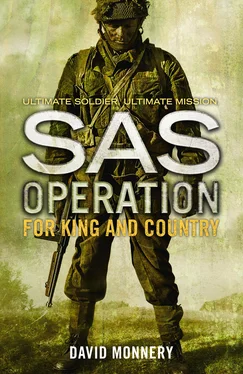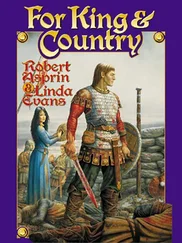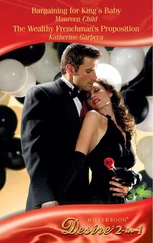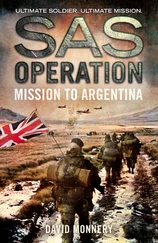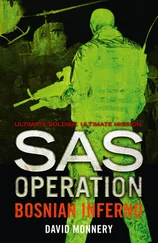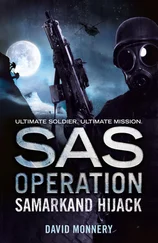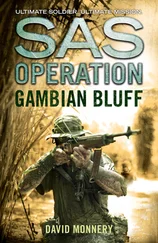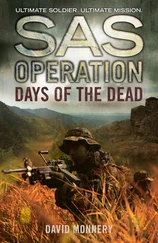Ten minutes later they were on their way, perched on the same cart but pulled by fresh horses. Most of the villagers came out to give them goodbye waves and smiles of encouragement, and Farnham silently vowed that if he survived the war he’d return and thank them properly.
Enzio, it turned out, had more immediate gratification in mind. ‘We need guns,’ he told Farnham as the cart wound down the hill. ‘The Germans think that things like they did today will scare people, and maybe they will scare a few, but things like that will also make more people willing to fight them. The people here never wanted to fight with them, but there’s quite a few who can hardly wait to fight against them. But we must have guns. And explosives. And when they rebuild your bridge, we can blow it up again.’
Farnham promised to do what he could.
‘You could drop them in the field where we found you in the rain,’ Enzio added with a twinkle.
They reached the valley floor, and for the next ten minutes, as they drove along the dangerous stretch of main road beside the river, neither man spoke. But no enemy motorcycle or lorry hove into view before they turned off it once more, rattling across the Chienti on an old stone bridge and starting up another small road into the hills. As they climbed the winding track the sun was sinking swiftly towards the line of the Apennines, casting the valley behind them in a gorgeous warm glow, and Rafferty was taking one last look at this panoramic scene when he spotted the plume of smoke rising in the northern sky.
‘Ask Enzio what that is,’ he said to Farnham, hoping he was wrong.
The Italian looked back, and the change which came over his face in that moment would long remain in the Englishmen’s memory. The eyes seemed to soften with sorrow as the features hardened with rage, as if the mind behind them was stretching to encompass the war.
‘They are burning our winter feed,’ Enzio said flatly.
‘I’m sorry,’ Farnham said, hoping that the Italian was right, and that feed was all the Germans were burning. ‘You’ve brought us far enough,’ he added. ‘Get back to your people.’
Enzio shook his head, and jerked the horses back into motion. ‘I will take you to Urbisaglia,’ he said, and Farnham knew it would be useless to try to get him to change his mind.
An hour later, with the darkness almost complete, the Italian drove through the small village and brought the cart to a halt. ‘Follow this road,’ he told them, pointing to a track which led higher into the hills. ‘And send us guns,’ he told Farnham once more, after shaking hands with each man and climbing back on the cart.
The SAS men started walking. According to the map they now had only twenty-five miles to cover, but the roads were neither as straight as the map suggested nor as flat as the paper it was printed on, and Farnham reckoned they would need every minute of the hours remaining to make the rendezvous on time.
The track switched from side to side of the ridge, offering intermittent views of the valleys to north and south, and as the evening wore on the pinpoints of light in the distant villages flickered out and the glow of a waning half-moon flooded the winter fields. There was little traffic on the road – only a few solitary locals who gave them uncertain smiles and hurried on by – and not much more on the main roads which followed the valley bottoms. The railway line which paralleled the road to the north was definitely out of use, which at least offered some satisfaction to the four men.
Soon after midnight, with almost two-thirds of the journey behind them, they stopped in a convenient wood for food and a fifteen-minute rest. There had not been much conversation on the march and there wasn’t much now. When not focused on the task in hand, each of the four men was prone to find himself wondering about the vagaries of fate.
It could so easily have been two of them who had been blown to pieces under the bridges, two of them who had been executed by the Germans in the town square. This war in Europe was not going to be like the war in North Africa, Rafferty thought to himself, and he supposed he’d been a fool to ever think it would. Armies fighting each other in deserts could afford to be chivalrous – in such circumstances war was a man’s game in which only men got hurt. But Europe this time round…well, there were already enough rumours about what the Germans had done and were still doing to innocent civilians on the continent they had conquered, and now the RAF and USAF were doing to German civilians what the Luftwaffe had done to London and other English cities. The rules had broken down, and no one was safe.
In his mind’s eye Rafferty could see Enzio’s face as the Italian turned to see the smoke rising from his village.
Shortly after half past four they slipped across the empty coastal road and railway and walked the last half a mile across the empty dunes to the river’s mouth. The moon was down, the sea dark and apparently empty, but at precisely five o’clock the hump of the submarine broke surface some three hundred yards from shore, and within minutes two dinghies was being lowered into the water.
Farnham flashed the light again to assist the vessel with its navigation, but there was no way of telling it that now only one dinghy was required.
United Kingdom, April 1944
The spring sunshine lay across the Dumfries railway yard. Staring through the grimy carriage window at the arched façade of the engine shed, Farnham found himself momentarily back in Italy, and almost expected a wave of Germans to materialize across the tracks.
Ten weeks had passed since Operation Jacaranda, the first four of them spent waiting in Salerno for new orders. Anzio had been a failure, the frontal assault on the Gustav Line had bogged down around Monte Cassino, and no one seemed to know what to do with those elements of the SAS still in Italy. At the end of February they had been shipped home to a cold and damp England, then sent north to the colder and damper Ayrshire hills, where the rest of the Regiment was already in training for the invasion of France. By now Farnham and his companions in the crowded compartment thought they knew every muddy trail in the Glentool Forest.
Neil Rafferty had the same ready smile as always, but Farnham was certain that the newly promoted sergeant had been more affected by the experience than any of them. He was more serious, less inclined to scoff at others’ cynicism, and occasionally seemed remarkably on edge for someone previously inclined to sail through life so blithely.
The change in Mickie McCaigh was not so noticeable. He had always been cynical in a witty sort of a way, but nowadays an edge of bitterness sometimes showed through.
Ian Tobin seemed the least affected. Maybe there was a lack of depth to the Welsh lad, but Farnham felt fond of him nevertheless. He had that sort of dogged desire to do the right thing which some found intensely irritating, but which Farnham’s own family history had taught him to value.
As for himself, he had spent most of the past few weeks with the feeling that he was sleepwalking through the war. The days and nights in Italy had been intense, and the sense of anticlimax had been correspondingly profound. He couldn’t wait for France. Though at this rate, he thought, as the train reluctantly dragged itself free of Dumfries station, they would be lucky to reach London this year. These days there were many stories of soldiers spending their entire leave on the seriously overcrowded trains, arriving home just in time to set off again.
Still, Farnham thought, if it wasn’t for his sister he would just as soon spend the time on a train. He certainly had no wish to spend it with his father and stepmother.
Читать дальше
